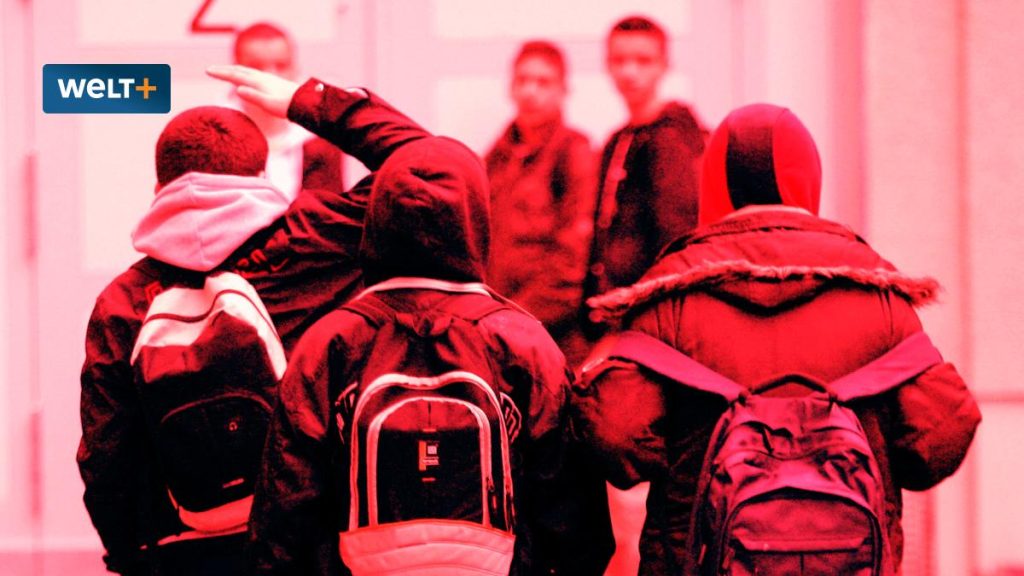The rise of political Islam has left deep traces in society, impacting various countries across the world. The ideology, which blends religion with politics, has sparked numerous debates and conflicts, especially in regions such as the Middle East and parts of Europe. It has become a significant force in shaping political landscapes and influencing policies, creating a complex and often contentious environment. From the imposition of strict Sharia law to the spread of extremist ideologies, the effects of political Islam are far-reaching and continue to evolve.
In countries like Iran and Saudi Arabia, political Islam has been institutionalized as the dominant force, influencing all aspects of society. From governing laws to social norms, the practice of Islam has become intertwined with the political structure, creating a system where religious leaders hold significant power and influence. This has led to the imposition of strict Islamic laws, often at the expense of individual freedoms and rights. The impact of political Islam can be seen in the daily lives of citizens, from restrictions on attire and behavior to limitations on personal beliefs and practices.
The spread of political Islam has also had significant implications in Europe, where the influx of Muslim migrants has sparked debates about integration and cultural identity. With the rise of extremist groups like ISIS, concerns about radicalization and terrorism have intensified, leading to increased scrutiny and security measures. The clash between traditional European values and the tenets of political Islam has created a complex and often divisive atmosphere, with tensions running high in many communities. The challenge of finding a balance between respecting religious freedoms and ensuring security remains a contentious issue for policymakers and citizens alike.
One of the most concerning aspects of political Islam is its impact on gender equality and women’s rights. In many Islamic countries, women face discrimination and oppression under the guise of religious laws and traditions. From restrictions on education and employment to limitations on personal autonomy and decision-making, the effects of political Islam are particularly pronounced for women. The struggle for equality and empowerment is ongoing, as activists and advocates work to challenge entrenched beliefs and practices that perpetuate gender inequality. The intersection of religion and politics further complicates efforts to achieve progress in this area, creating a challenging landscape for those fighting for women’s rights.
The influence of political Islam extends beyond governmental policies and societal norms, shaping cultural attitudes and perceptions as well. The rise of extremist ideologies and the spread of radicalization have created a climate of fear and suspicion, leading to increased stigmatization and discrimination against Muslim communities. The complex interplay between religion, politics, and culture has fueled misconceptions and stereotypes, further exacerbating tensions and divisions within societies. The need for open dialogue and understanding between different groups has never been more critical, as the legacy of political Islam continues to impact communities around the world.
Despite the challenges and controversies surrounding political Islam, there are also efforts to promote a more moderate and inclusive interpretation of the religion. Many Muslim leaders and scholars are working to counter extremist narratives and promote a more tolerant and progressive vision of Islam, one that respects individual rights and freedoms while upholding core religious principles. These voices of moderation offer hope for a more harmonious future, where the values of diversity and coexistence can thrive alongside religious beliefs. By fostering dialogue and understanding, it is possible to navigate the complexities of political Islam and build a more inclusive and peaceful society for all.


